
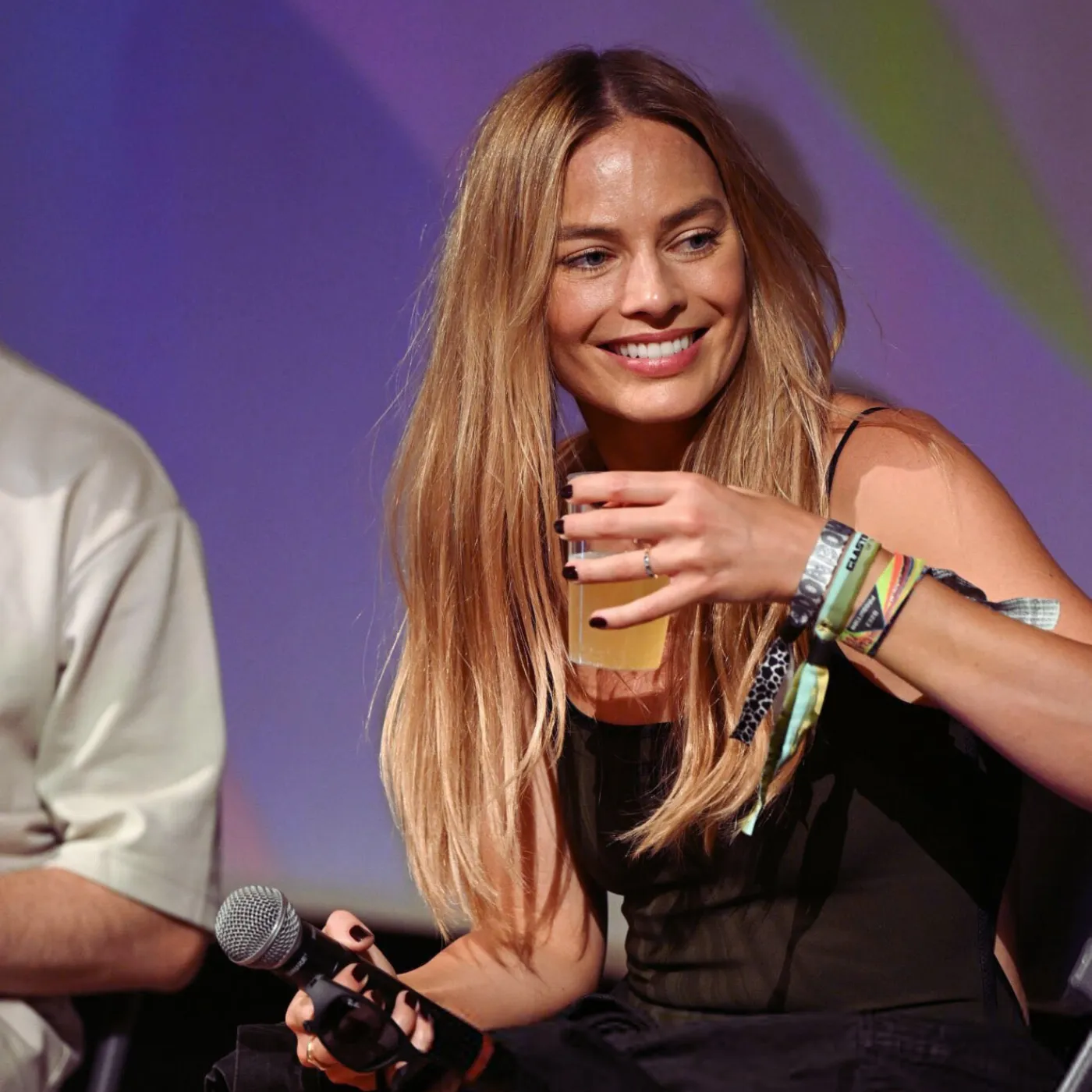
Margot Robbie’s Blunt “My Old Ass” Q&A Sends Brands Scrambling
When Margot Robbie turned up at Glastonbury Festival this year, the headlines were supposed to be about the music. Or maybe her latest film. But instead, a single, unexpected Q&A session around the indie coming-of-age film “My Old Ass” has the entire entertainment industry—and brands—rethinking how they talk about stars who speak their minds.
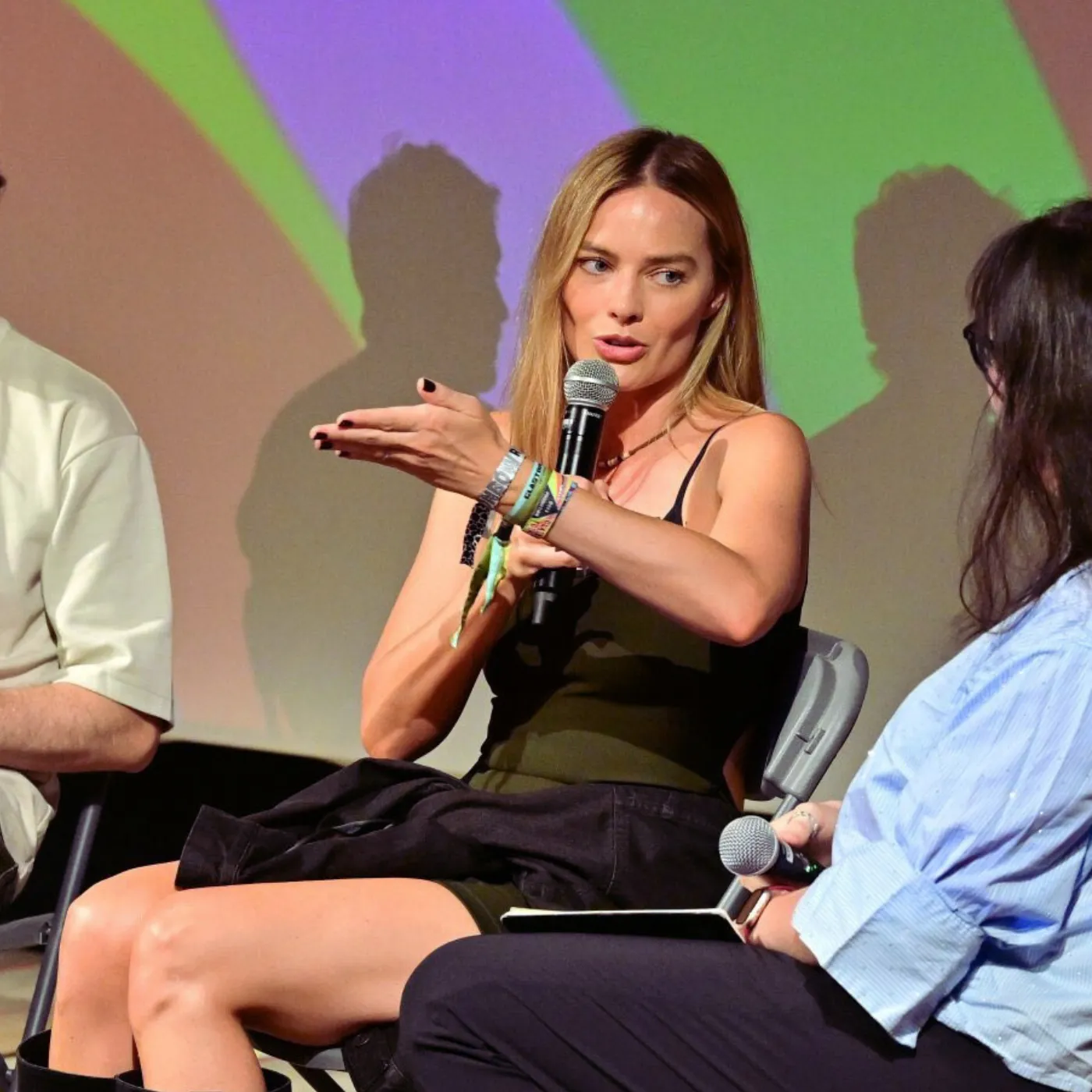
Margot Robbie didn’t come to Glastonbury to do an endless red-carpet circuit. She didn’t host any sponsored influencer lounges. Instead, she sat down for an astonishingly raw talk about what it means to get older in an industry built on youth, what honesty costs in Hollywood, and why she’s drawn to backing stories that don’t fit the glossy mold.
It wasn’t a rant. It wasn’t carefully PR-sculpted talking points. It was what one festivalgoer called “dangerously honest.”
And that’s exactly why it went viral.
The Power of an Indie Q&A in a Mega-Festival World
Let’s set the scene. Glastonbury isn’t just any festival. It’s a sprawling, chaotic collision of music, art, celebrity, activism, and marketing. From world-class musicians to surprise political cameos to luxury brand activations, it’s a perfect storm of hype.
Into this noise stepped Margot Robbie, looking nothing like a studio-manufactured A-lister. She arrived low-key, in relaxed festival gear, smiling for a few fan photos but avoiding the typical red-carpet glare.
But the real surprise wasn’t where she went. It was why.
She wasn’t there just to party. She was there to support a film she helped shepherd into existence—Old Ass, ”an offbeat coming-of-age movie with indie sensibilities and a deliberately provocative title.
The film wasn’t exactly a studio tentpole. It wasn’t engineered for four-quadrant appeal. It was deeply personal. Slightly weird. Unapologetically raw.
And in the Q&A tent, in front of a packed crowd, Margot Robbie didn’t just give safe answers. She talked. Really talked.
“My Old Ass” and Margot’s Brand of Risk
The movie itself isn’t some random project for Robbie. It’s one of the first major productions under her banner as a producer post-Barbie—and people noticed.
“My Old Ass” doesn’t star Robbie. She didn’t shoehorn herself into the lead role or turn it into a vanity project. Instead, she championed new voices. She put money and power behind storytelling that doesn’t get an easy green light in Hollywood these days.
When asked about it on stage, she didn’t offer the usual corporate answer. She didn’t hide behind industry platitudes.
Instead, Margot Robbie said, “I love this story because it’s messy. It’s about regrets. About not always saying the right thing. It’s about looking back at your choices and cringing—but also owning them.”
It was the kind of candor you don’t often hear from big stars with big brands to protect.
Hollywood’s Uneasy Reaction
The honesty didn’t stop there.
Asked about why she’d choose to back a movie with a title like “My Old Ass,” Margot laughed: “I think the title says it all. It makes people uncomfortable. I love that. We’re so afraid to talk about getting older, even though literally everyone does it.”
For studio executives watching clips online, it was an uncomfortable moment.
Hollywood likes actresses who age “”gracefully”—meaning quietly, inoffensively, preferably invisibly. Robbie’s casual willingness to say “old” on stage, with humor but zero apology, clashed with how brands want to frame female celebrities: eternally aspirational, always safe, never too real.
A brand strategist who works with major cosmetics lines put it bluntly on LinkedIn after the video went viral: “Margot Robbie talking about ‘My Old Ass’ at Glastonbury is a nightmare for brand marketing. It’s too raw. You can’t control it.”
But that, fans argued online, was exactly the point.
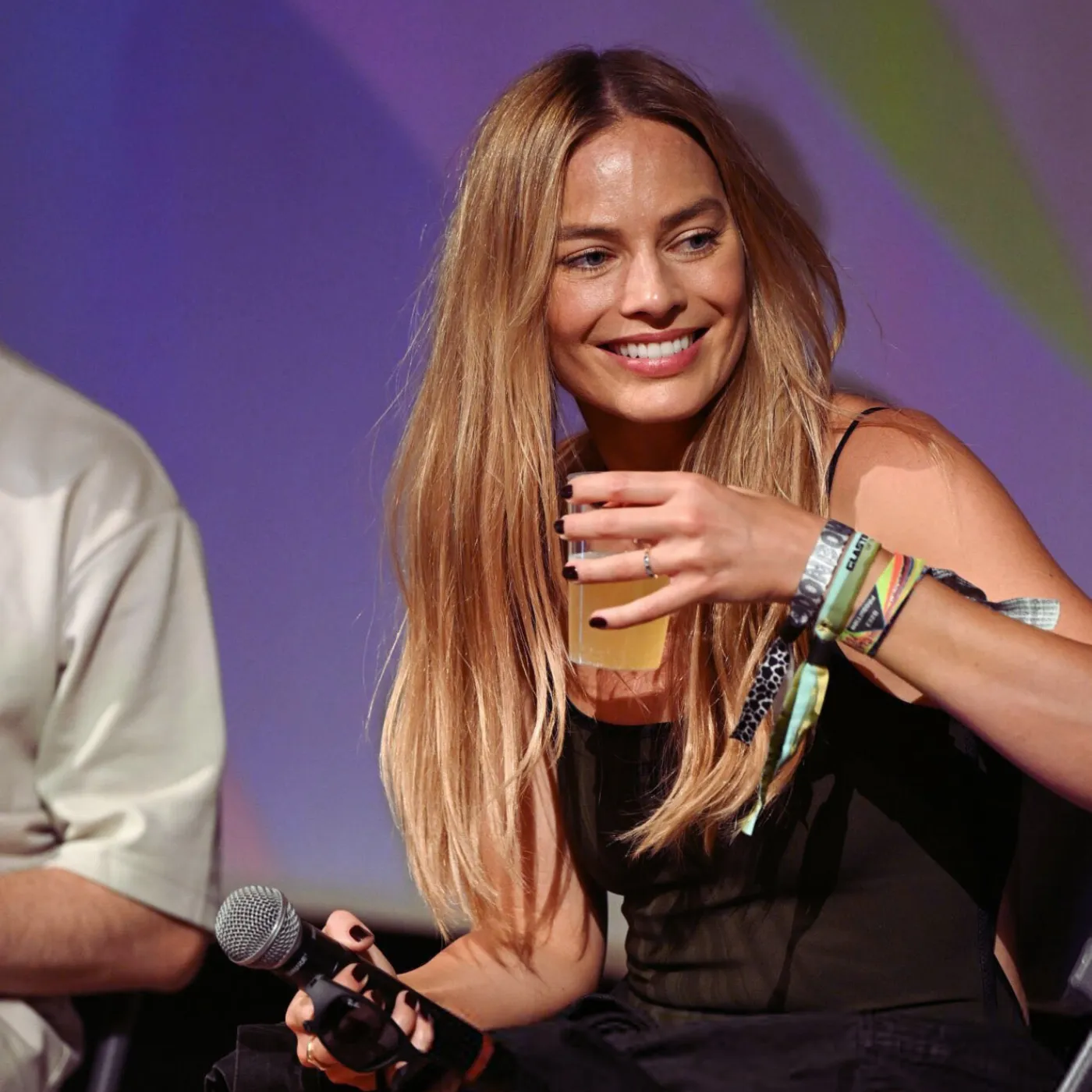
Why Fans Ate It Up
On TikTok and Instagram, festival-goers posted grainy phone footage of Robbie laughing in the Q&A tent, talking freely about failure, aging, regret, ambition, and why she’s drawn to messy, human stories.
Posts racked up millions of views in hours. Comments poured in.
“This is the realest I’ve ever seen her.”
“More Hollywood Q&As should be like this.”
“She’s not selling. She’s just talking.”
Fans weren’t just surprised that Robbie showed up. They were floored at how normal she sounded, how willing she was to skip the press tour polish.
For an actress who once played the ultimate aspirational doll—Barbie— this was something approaching whiplash.
Brands in Panic Mode
While fans cheered, brands did the math.
Margot Robbie is expensive. Her image moves products. But brands want consistent messaging.
No one’s writing a skincare slogan around “My Old Ass.”
One beverage exec posted anonymously in an industry Slack group (which then leaked to Twitter): “We want Barbie Margot. Pink, perfect, aspirational. This is… tricky.”
Another PR strategist noted, “You can’t ask her to do ‘aging gracefully’ campaigns if she’s out there joking about being old at Glastonbury.”
The problem wasn’t that Robbie did something wrong. It was that she refused to play the game the way brands expect.
And that’s why the Q&A exploded.
Margot’s Post-Barbie Strategy: Controlled Chaos
If you’re surprised Margot Robbie would drop an unfiltered Q&A at a music festival, you haven’t been paying attention.
Since Barbie—the billion-dollar, culture-shifting juggernaut—Robbie has been moving differently. She no longer needs studio hand-holding. She doesn’t have to be “just” an actress for hire.
She has become a producer, a tastemaker, and a creative powerhouse.
“My Old Ass” is the kind of movie a star makes when they’re no longer desperate for the next blockbuster. It’s a flex. It’s also a risk.
But that risk is calculated.
When she showed up at Glastonbury, she wasn’t there to be mobbed by paparazzi. She was there to show she’s backing stories that don’t need Hollywood’s permission to exist.
And the Q&A didn’t just talk about aging. It also offered a blueprint for a post-Barbie Margot: one who isn’t polishing the truth to make it safer for brands.
The Viral Quotables
Margot’s off-the-cuff lines are already being immortalized in memes and think pieces. Among the most shared:
“Everyone’s so terrified of getting old. It’s the most normal thing ever.”
“I don’t want to pretend I didn’t mess up. I did. I do. That’s life.”
“If a title makes you uncomfortable, maybe you should ask why.”
These aren’t your average brand-safe talking points.
They’re messy. Human. Unscripted.
And they’re exactly what made people sit up and listen.
The Bigger Picture: The Future of Celebrity Control
Here’s why this matters beyond a single Q&A session:
Hollywood has spent decades perfecting the art of the uncontroversial star. The one who smiles, nods, endorses, and says nothing real.
Margot Robbie just blew up that model in 30 minutes at a music festival.
She didn’t just talk about her movie. She talked about herself. Her insecurities. Her regrets. Her fears.
And in doing so, she signaled something bigger: the future of celebrity might not be about perfection anymore.
It might be about who dares to be real.
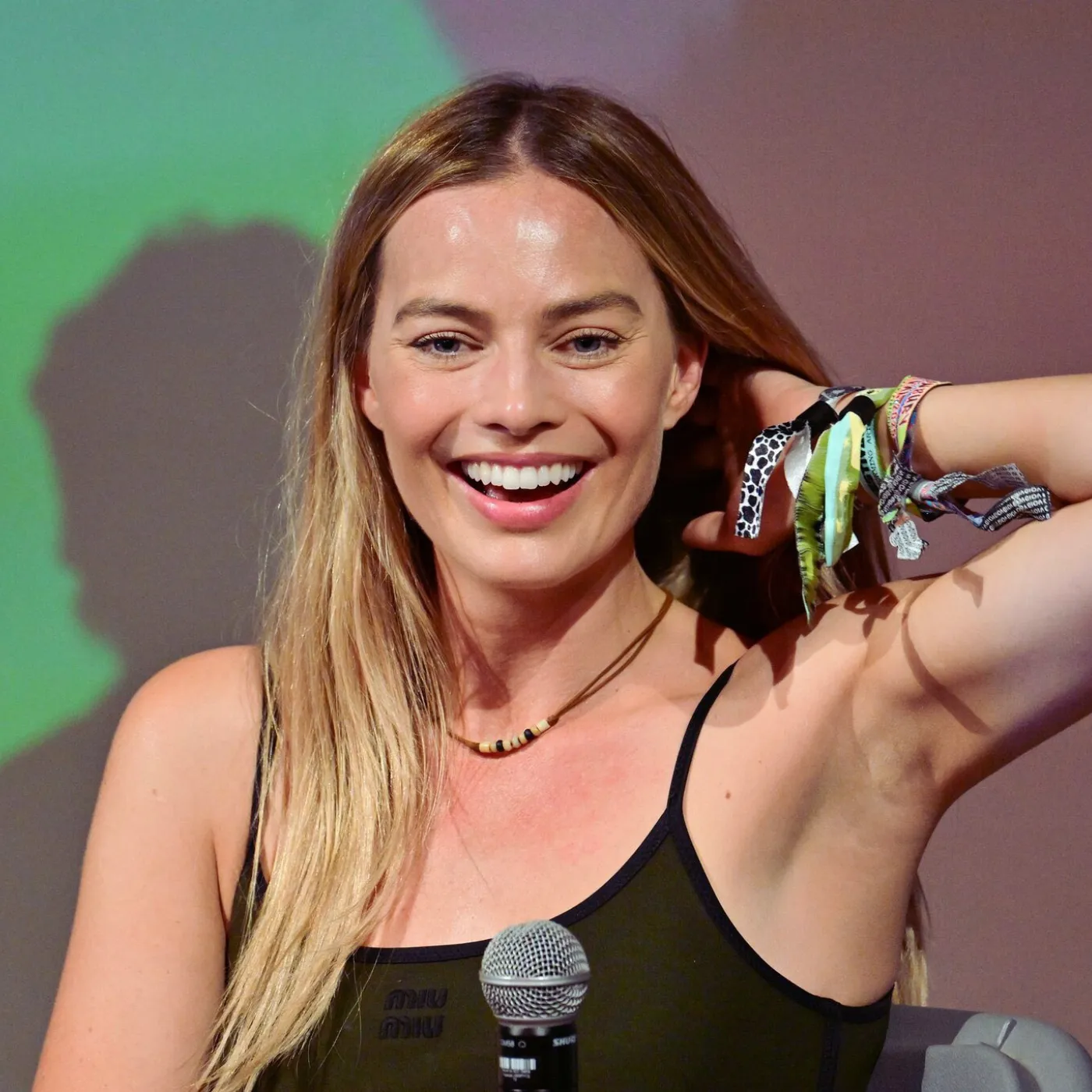
Final Thought: Margot Robbie Didn’t Just Answer Questions. She set the agenda.
Glastonbury will forget a lot of things. Bands will come and go. Headlines will fade.
But for one hour in a muddy field, Margot Robbie did something no brand strategist planned.
She turned a scrappy indie Q&A into the most-watched, most-discussed moment of the festival.
She didn’t sell a product. She didn’t protect an image. She didn’t follow the script.
She talked.
And that, in 2024, might be the most radical move a celebrity can make.
Because while brands scramble to spin it, fans have already decided:
Margot Robbie isn’t just another pretty face on a billboard.
She’s the person they want to hear.
And this time? She’s not just playing Hollywood’s game.
She’s writing the rules.





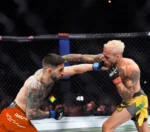
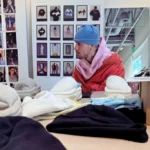

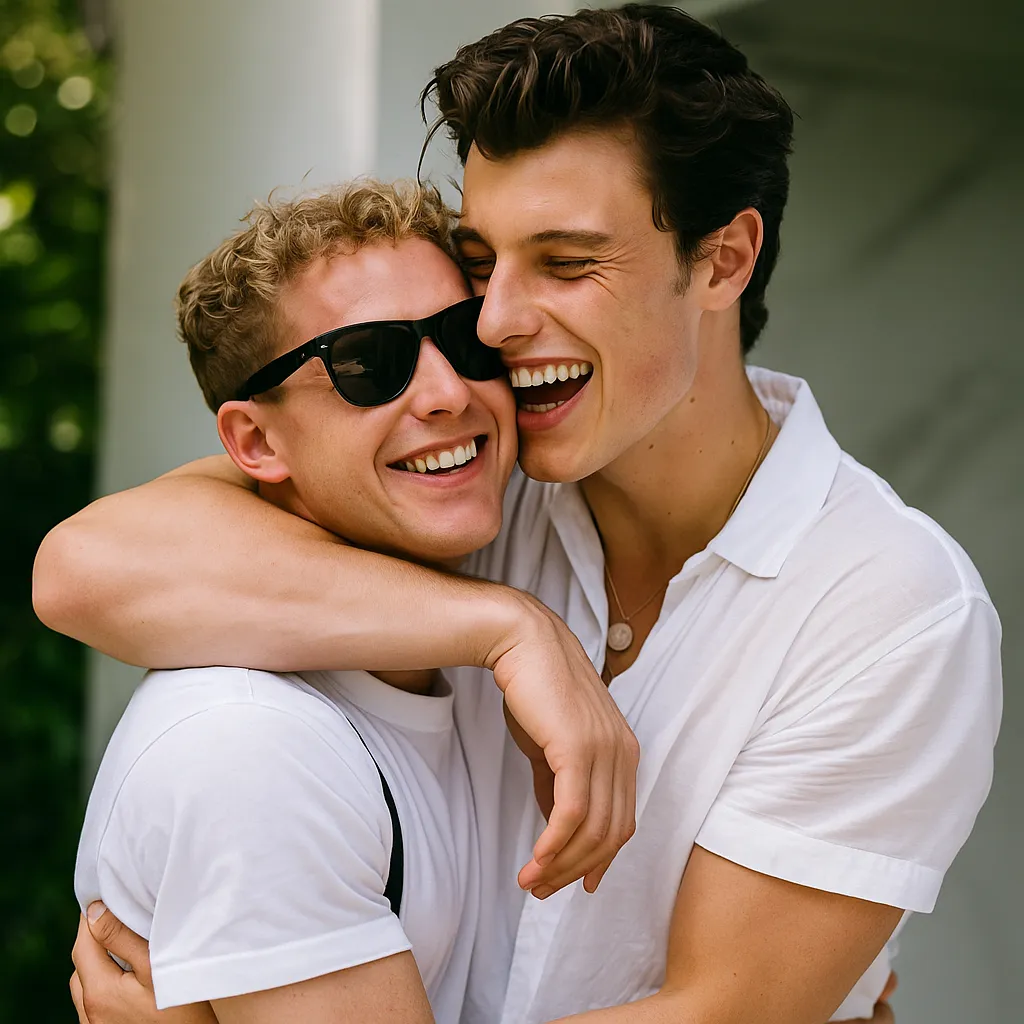
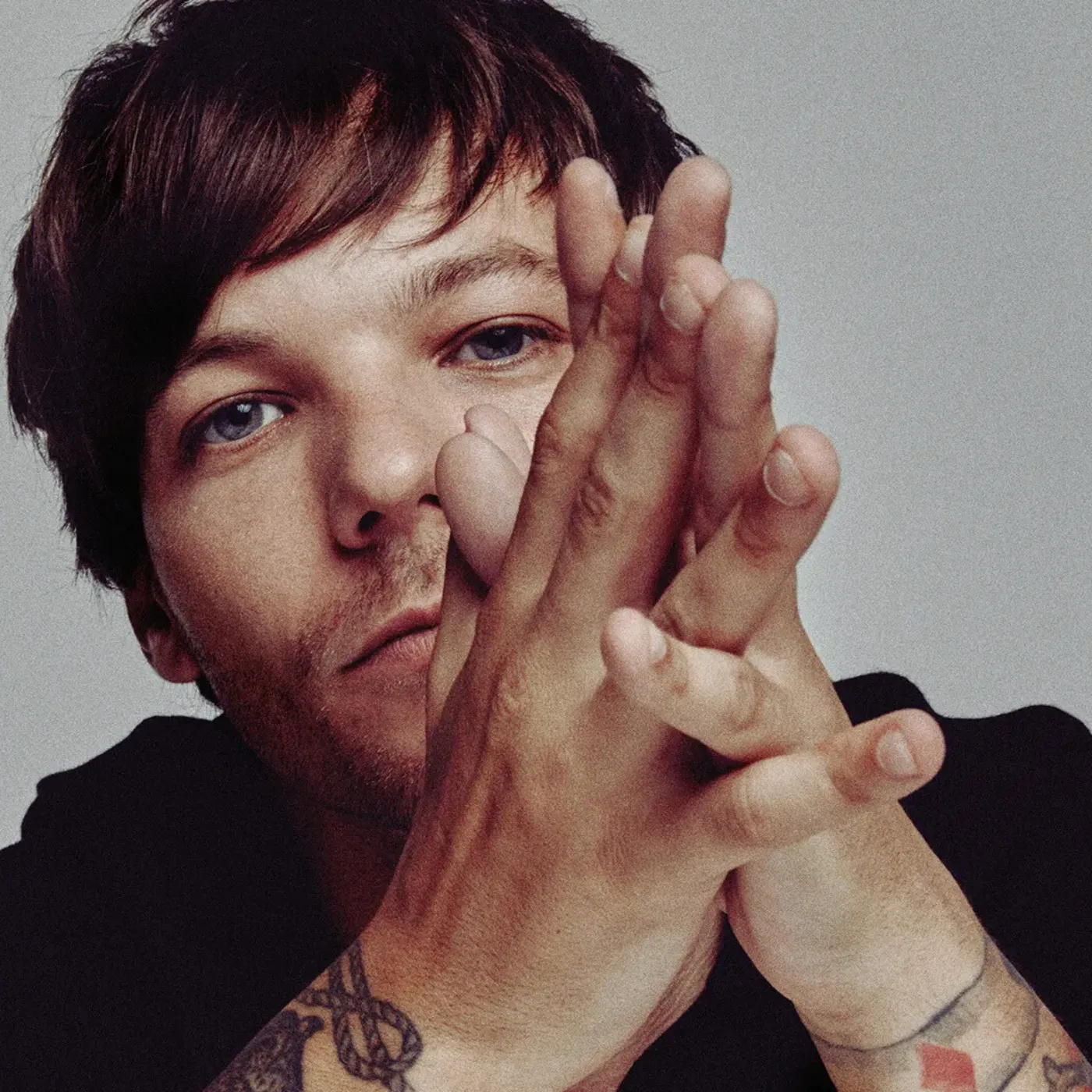
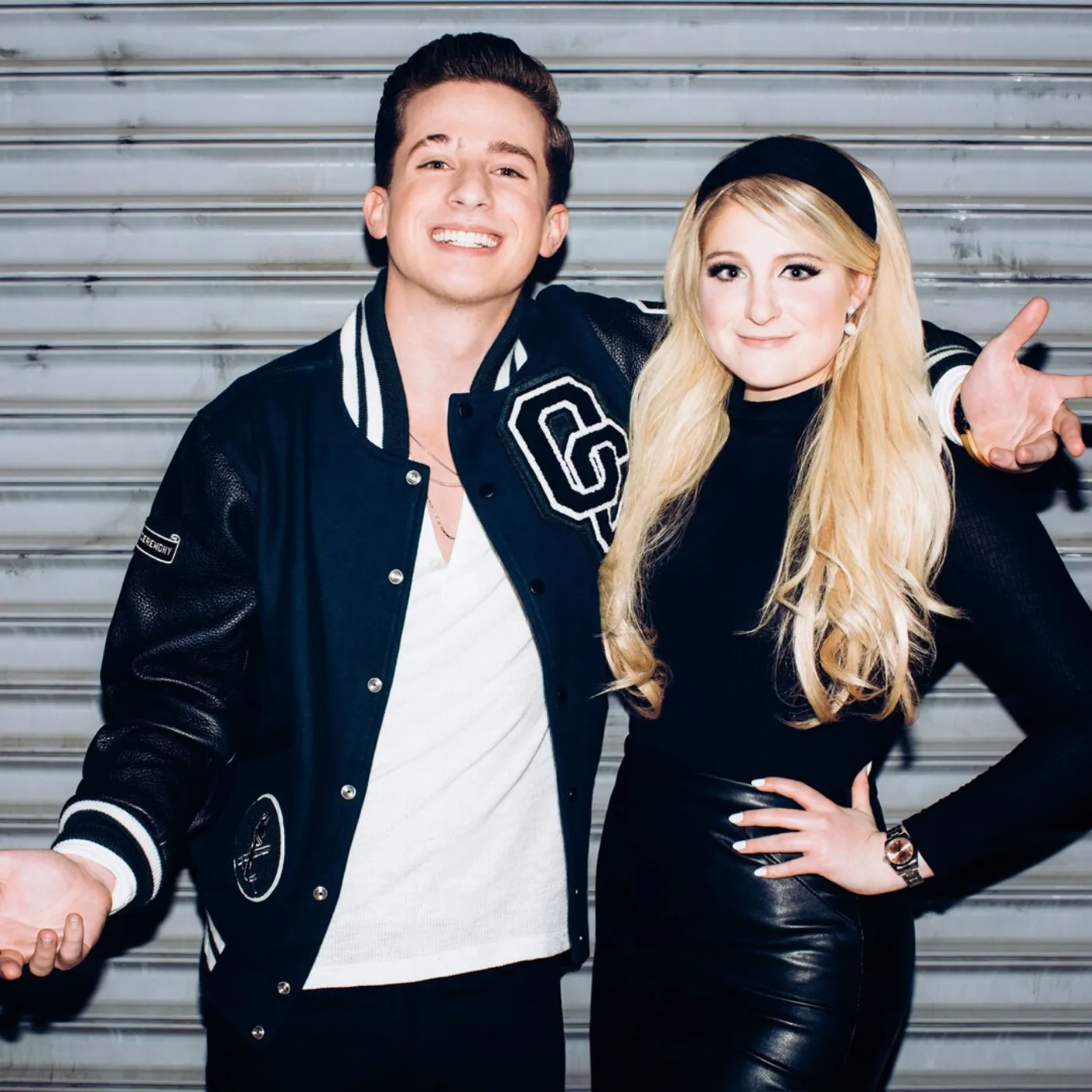








Post Comment